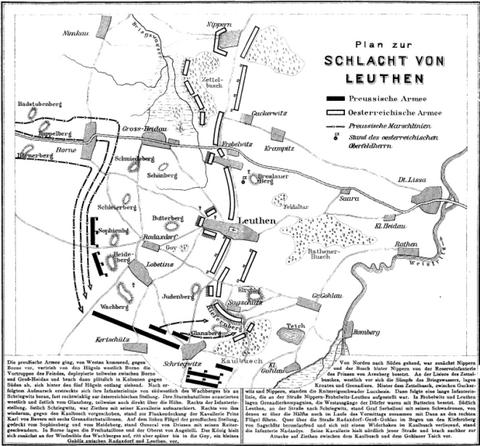Hello everyone,
Don't know if this page has been mentioned before or not, but I found it an interesting read. I'm sure there could be some arguments made on a few issues, but I think that overall, the writer has some strong and valid points.
James
Don't know if this page has been mentioned before or not, but I found it an interesting read. I'm sure there could be some arguments made on a few issues, but I think that overall, the writer has some strong and valid points.
James



Comment